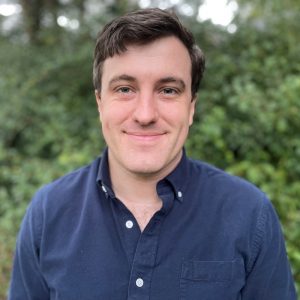Will Allen
President, Advanced Climate Solutions
Field Services Executive, Orion Group
Hometown: Franklin, KY
BA in Economics, minor in Military Science & Leadership (2011)
LinkedIn Profile
Why/when did you decide to study economics at UM?
I decided to study economics in 2008 after finishing my freshman year. We were in the middle of the 07-08 financial crisis, and I found the global economy and business really interesting. I decided to take a few economics classes in the fall of 2008 and fell in love with the subject.
What were some significant experiences or fond memories of your time at UM?
I was able to study abroad in Russia one summer with classmates from Ole Miss and it was a great broadening experience. In addition, I loved spending time in the Grove with my friends both during football game weekends and during the off-season. The Grove is still one of my favorite places to visit when I’m back in Oxford.
Please describe your educational/career path since graduation from UM.
I’m currently the President of a national 200-250 employee field services company based out of Chicago. The company is owned by a private equity firm, and I am one of the PE firm’s operating executives. After Ole Miss, I spent 6 years in the US Army as an infantry officer. In 2017, I left the Army to attend Harvard Business School for my MBA. After graduating from Harvard in 2019, I joined McKinsey & Company to be a strategy consultant and spent two years with them before leaving for my current role.
What is the value of studying economics in today’s world?
Economics teaches you how to think and analyze complex scenarios given limited resources. Almost everything in life deals with scarcity of resources (time, money, attention, etc.) and a foundation in economics gives you the tools and frameworks to effectively reason through your choices and make good resource allocation decisions. It also teaches you to break down complex situations into digestible pieces and reason through how changing each of those pieces impacts the whole. I like thinking of economics as the glue that ultimately holds everything else in the world together.
